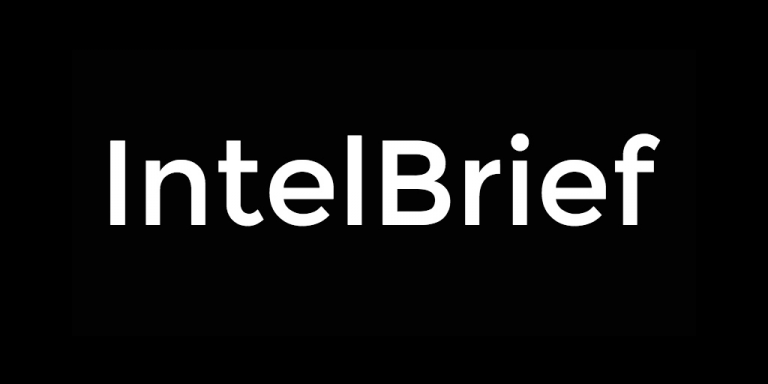INTELBRIEF
July 3, 2017
TSC IntelBrief: The Chaos of U.S. Foreign Policy

• The current chaotic and disconnected approach in U.S. foreign policy will have massive long-term consequences.
• Allies, partners, rivals, and adversaries are moving to recalibrate long-held assumptions about security and economic guarantees.
• From the Middle East to Asia, the transactional and confrontational nature of U.S. diplomacy is not producing results.
• A domestic consequence might be a more active Congress in matters of foreign affairs, after decades of minimal interest.
The current U.S. approach to diplomacy and foreign affairs is not only at sharp odds with nearly a century of precedent and policy; it is also at odds with itself. The Trump administration has relied on public tweets, taunts, and threats to address issues ranging from NATO to North Korea, while cabinet secretaries have worked either in a contradictory fashion or proceeded as if Trump hadn’t made certain contentious statements. The disconnect inside the Executive Branch has been widely reported and shows no sign of improving, even as global challenges like tensions in the Gulf and in the South China Sea increase.
That sense of disconnect and chaos is reportedly being felt in the Legislative Branch as well, with a result being that members of Congress are taking steps to reassert their dormant role in foreign affairs. The Executive Branch has long had primacy in matters of national security and foreign policy, but that primacy has been near absolute in recent decades. While initial steps taken by Congress might simply be posturing, the puzzling and contradictory nature of the administration’s stance, or lack thereof, on several issues—such as Russia—might therefore result in a more assertive Congress.
The U.S. Senate has passed a bill that strips the power of the President to lift sanctions on Russia without Congressional approval; the House has yet to pass the bill, preferring to wait until after an expected meeting between Trump and Putin on the sidelines of the G-20 meeting, beginning July 7 in Germany. The bill is an explicit acknowledgement of the conflicted nature of the relationship between the administration and Russia, given the former’s positive relationship with the latter, even in the midst of a growing investigation by the Department of Justice into interference by Russia in last year’s U.S. presidential election.
Senator Corker, the chairman of Senate Foreign Relations Committee, has stated he will block current arms sales to Gulf countries if they don’t resolve their differences—a nod to the current crisis among the Gulf Cooperation Council (GCC). Historically, U.S. leadership has been overstated militarily, but understated in terms of persuasion over the long run. Now, with U.S. leadership on the retreat on all fronts, and mixed messages coming from within the administration, Saudi Arabia and the United Arab Emirates are escalating their fight with Qatar far more so than the U.S. privately cautioned they should–while publicly, via Twitter, there was actual incitement to discord. The blocking of arms sales already agreed to by the U.S. and another country is a sign of how worried some in the Senate and House have become over the new chaotic age.
Countries, both partners and rivals, are maneuvering in two ways in light of the new chaotic foreign policy approach by the U.S. On the one hand, they are looking for the ‘gatekeepers’ –those who have leverage in an administration that is deliberately fomenting chaos and is at odds with itself. On the other, states are looking to create alliances and bi- or multilateral partnerships that don’t include the United States. This will be on full display during the G-20 meeting later this week, where the U.S. will be faced with a far more forceful European Union, looking to assert its influence as the U.S. retreats.
.
.
.
For tailored research and analysis, please contact: info@thesoufancenter.org
.